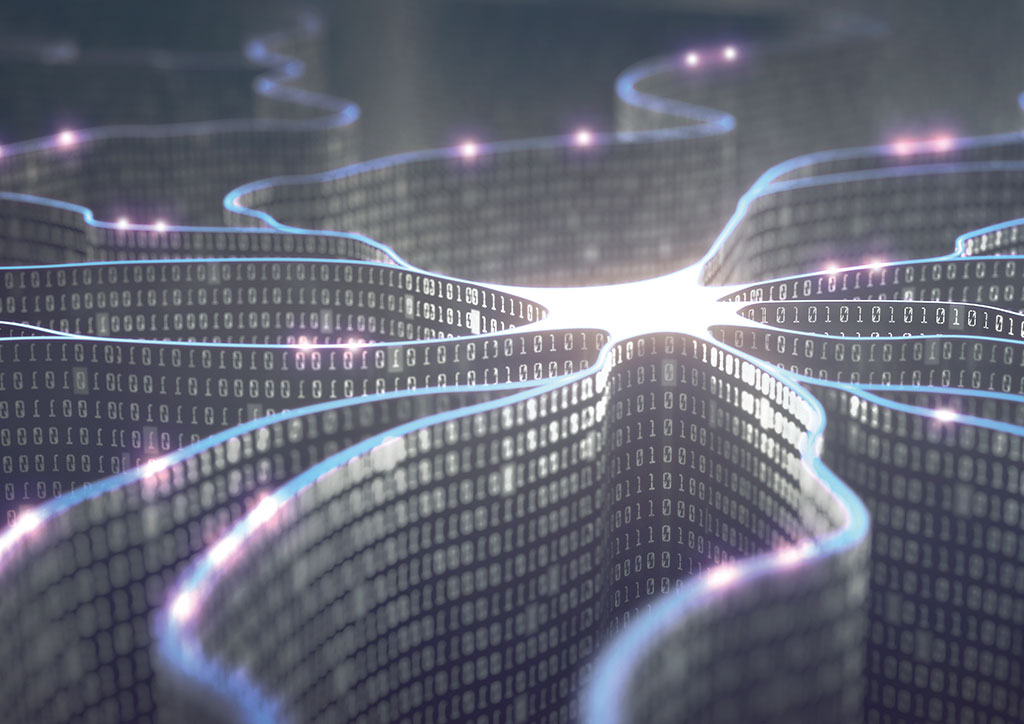
Product liability law has to get to grips with the emerging complexities of artificial intelligence, say David Kidman & Stephen Turner
- Smart technology, with interconnected devices speaking to each other, makes it difficult to establish liability
In May 2017, the European Commission published the results of a public consultation on the fitness for purpose of the Product Liability Directive (enacted in the UK by the Consumer Protection Act 1987). Many questions set by the Commission related to the Directive’s application to smart objects, robots and new tech. Approximately two-thirds of respondents agreed that producers of software, apps and algorithms should potentially be held liable, but that there are difficulties allocating liability in respect of products interacting with other products or services (eg smartphone malfunction due to an app) and in respect of products operating on algorithms (eg cars with parking sensors), including self-learning algorithms (AI).
Crucially, 58.33% of respondents did not agree that there should be liability exemptions for innovative products under experimentation, indicating that consumers would resist a substantial allocation of the risk of harm arising from











